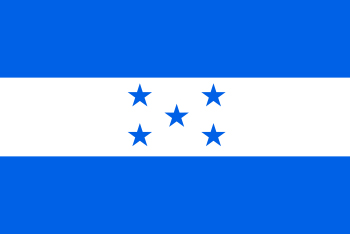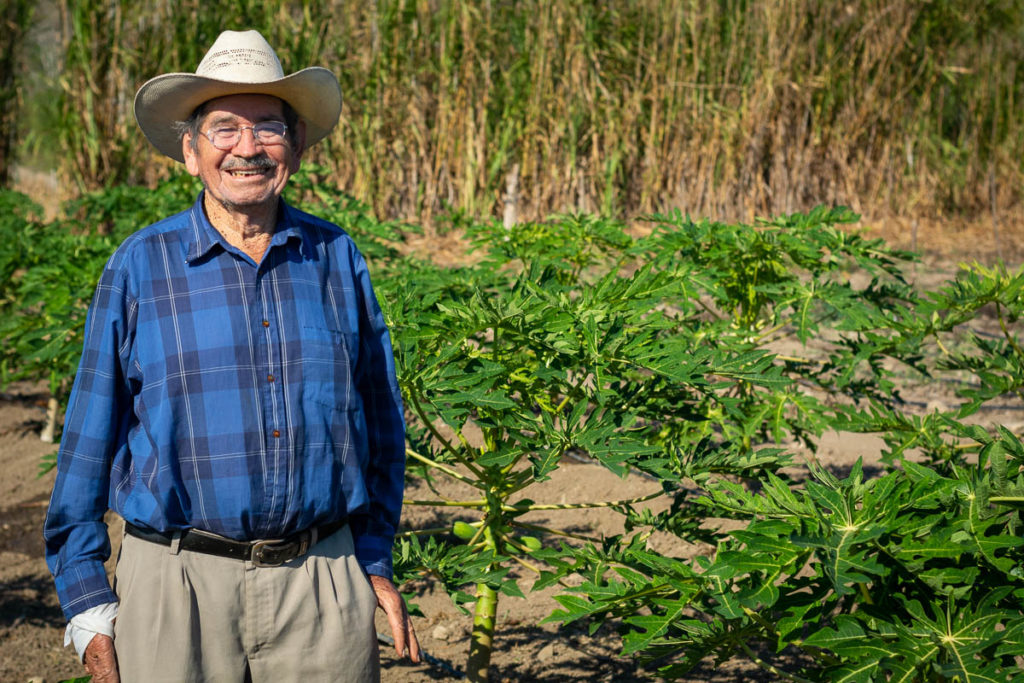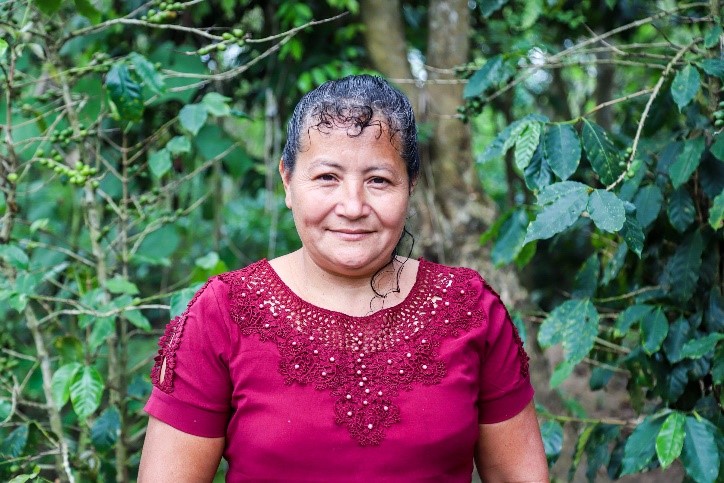 Honduras Macuelizo
Honduras Macuelizo
$108,350 needed of $220,000

Implementing Organization
Church World Service (CWS)
Program Summary
Honduras is highly vulnerable to natural disasters such as floods, hurricanes, landslides, droughts, and forest fires. CASM is working to reduce the high levels of vulnerability in the department of Santa Barbara. The program aims to promote agricultural production under a sustainable farming approach, increase the protection of forested areas and watersheds, expand access to healthy food, and generate income through the sale of surplus crops. The program also forms local alliances with a wide variety of groups that help to strengthen food chains, increase access to water, organize advocacy efforts that promote the rights of children, and reduce violence in the communities. Program activities are centered around three strategic components: food security, nutrition, and family agriculture; natural resource management and climate change adaptation; and citizenship strengthening and human rights.
Program Update
Success Stories

One Success Leads to Another
Delma and her family appreciate all the training they’ve gotten from local partner CASM (Mennonite Social Action Commission) to improve their food security. “We were farming before, but working with them allows me to see different things to try.”
Honduran farmers are experiencing many severe challenges brought on by changing weather patterns, including flooding and droughts. CASM encourages smallholder farmers to learn a variety of farming techniques that have been widely adopted and shown to be successful in other communities who’ve tried them.
Delma used to dry her grains and coffee beans on a tarp on the ground, leaving them vulnerable to pests, unpredictable weather and heavy rains. She often had to sell her coffee beans wet, which brings in a low price. Her coffee business has greatly improved since she built a solar dryer greenhouse that gets the grains and beans up off the ground and protected. CASM provided the training and materials and Delma and her family built the structure. The new greenhouse speeds up the drying process from five days to three, and her coffee sells for close to twice as much as before.
She also raises animals for protein and income. Two years ago, she received a 6-month old piglet along with training on how to care for it: it is now producing litters. As part of the project, Delma gives some of its offspring to other community members so they have the same chance she did. She is going through the same process with a pregnant cow.
Delma’s husband received training on building “eco-stoves,” which are much more efficient, require less wood, and keep indoor air cleaner than the traditional stoves. He now helps others build them. Delma’s next dream is to build a biodigester that channels the methane from animal manure to power a gas burner. She and her husband are very thankful for the support they’ve received and want to help others. As another participant put it, “The success motivates you to support other families.”
Honduras Macuelizo Program
Led by Church World Service and Local Partner CASM (Comisión de Acción Social Menonita)
